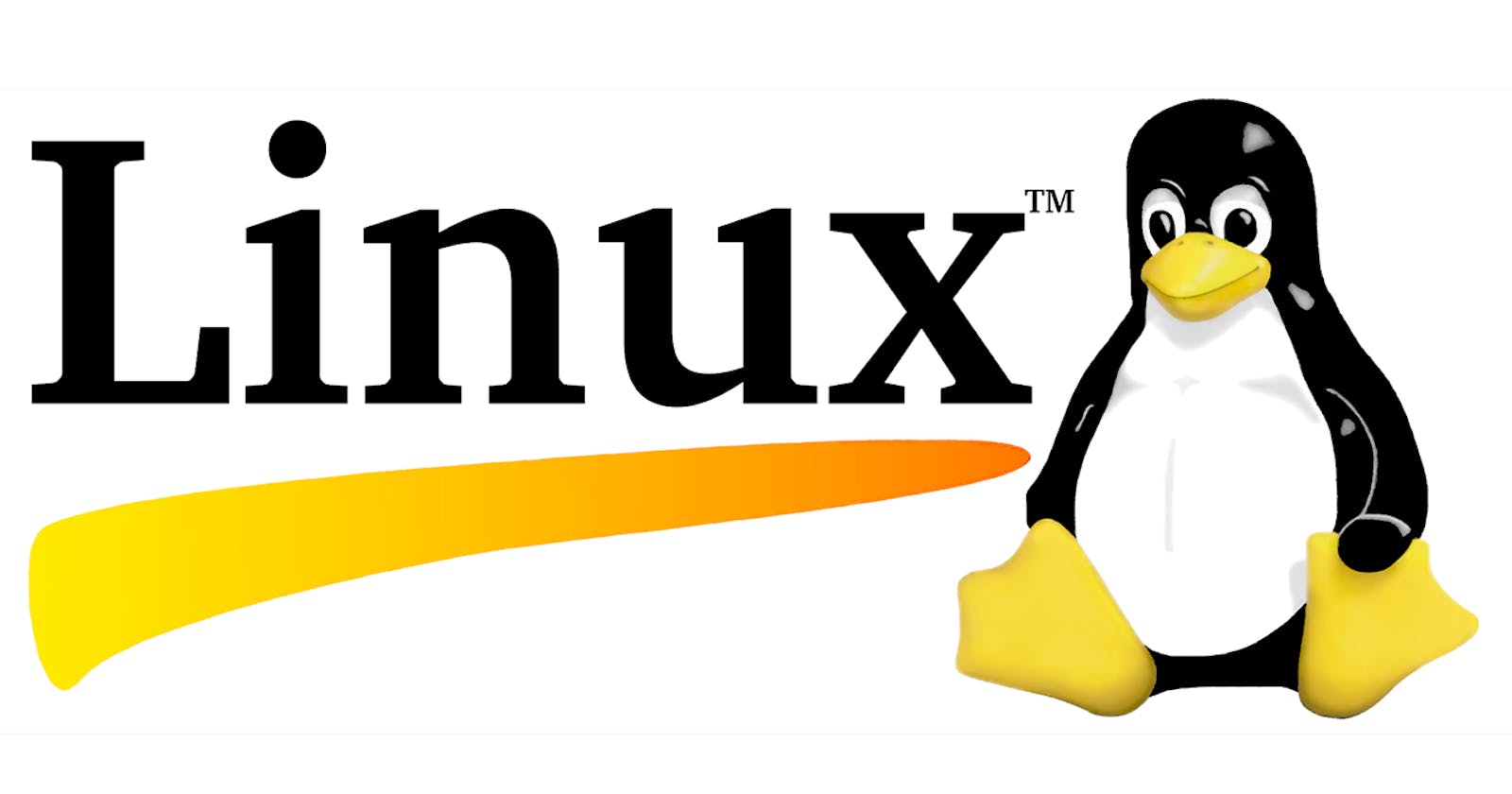Introduction
In the world of creating computer programs and managing technology systems, there is something called "DevOps" that has become very important. It's a way of working that brings together software development and IT operations to make things more efficient. At the center of this approach is an operating system called Linux. Linux is like the foundation of DevOps, and it plays a big role in how DevOps works. In this blog, we'll learn about the history of Linux, what principles it follows, and why it's beneficial. We'll also look at how Linux is built and used in popular server systems. Lastly, we'll talk about some important commands in Linux that developers and system administrators often use to make their work easier.
Linux History
Linux is a computer system created by Linus Torvalds in the early 1990s. At first, it was just a fun project for him, but soon it became something bigger because many people joined and helped. Linux is special because it is free to use, and its inner workings are open for anyone to see and improve. The people who work on Linux believe in working together, being open about what they do, and sharing knowledge with everyone. This is why Linux has become so popular and successful.
Linux Principles
In Linux, there are some important rules that make it work well:
Everything is a File: This means that everything, even things like hardware devices, are treated like files. This makes it easier to work with the system and do things in a consistent and easy way.
Small Single-Purpose Programs: Instead of using big and complicated software, Linux prefers to use many small programs that do one thing really well. Each program has its own specific job, which makes it easier to manage and keep things efficient.
Ability to Change Programs Together: Linux allows users to combine these small programs together using scripts or other methods. This lets developers and system administrators create complex actions by putting these small programs together. It's like building with LEGO bricks, making it very flexible and useful for automating tasks.
Why Use Linux?
Linux has some great features that make it perfect for DevOps:
Open Source: Linux is open source, which means that anyone can see and use its source code. This openness encourages people to work together and make improvements. As a result, there are many useful software tools and applications available for Linux, which is a big advantage for DevOps practices.
Community Support: The Linux community is very active and always growing. They offer lots of helpful resources, forums, and documentation. This strong support network helps users find solutions to their problems quickly and learn from others' experiences.
Wide Variety of Hardware Support: Linux can work with many different types of hardware. It can run on small devices like embedded systems and also on big servers. This flexibility makes it suitable for all kinds of systems, which is important in the world of DevOps.
Automation Made Easy: Linux has a special way of interacting with it through the command-line. It also supports scripting, which means you can write small programs to automate repetitive tasks. This makes DevOps work much easier and more efficient, as you can automate many processes and get consistent results.
Architecture of Linux
Linux follows a monolithic kernel architecture, where the kernel handles both essential operating system functions and device drivers. The kernel provides a bridge between the hardware and higher-level software, facilitating smooth communication between the hardware and applications.

Popular Server Linux OS
Red Hat Enterprise Linux (RHEL): RHEL is known for its stability, long-term support, and security features. It is a top choice for enterprises looking for a reliable platform to run critical applications and services.
Ubuntu Server: Ubuntu Server is renowned for its user-friendly approach and extensive community support. It is a favorite among developers, making it a strong contender in the server OS market.
CentOS: Based on RHEL, CentOS is a free, community-supported distribution that offers robust performance and compatibility. Many organizations opt for CentOS as a cost-effective alternative to RHEL.
Essential Linux Commands
Let's quickly go over some essential Linux commands that are frequently used in DevOps:
whoami: Displays the current username.pwd: Prints the present working directory.ls: Lists files and directories in the current location.cat: Concatenates and displays the content of a file.vagrant ssh: Connects to a Vagrant virtual machine via SSH.~(tilde): Represents the user's home directory.sudo -i: Switches to the root user's environment._: Represents the result of the last executed command.bin,tmp,sbin: Directories that hold binary files, temporary files, and system binaries, respectively.uptime: Shows system uptime and load average.mkdir: Creates a new directory.touch: Creates an empty file or updates the timestamp of an existing file.cp: Copies files and directories.cp -r: Copies directories recursively.mv: Moves or renames files and directories.rm -r: Removes directories and their contents recursively.
Conclusion
To sum it up, Linux plays a vital role in DevOps by providing simplicity, flexibility, and a wide range of helpful tools and support. Its past, guiding principles, and structure have led to a community that works together, shares ideas, and creates innovative solutions. As Linux keeps growing and becoming more popular, the future of DevOps looks promising. Thanks to the combined efforts of developers and system administrators worldwide, DevOps will continue to evolve and thrive.
